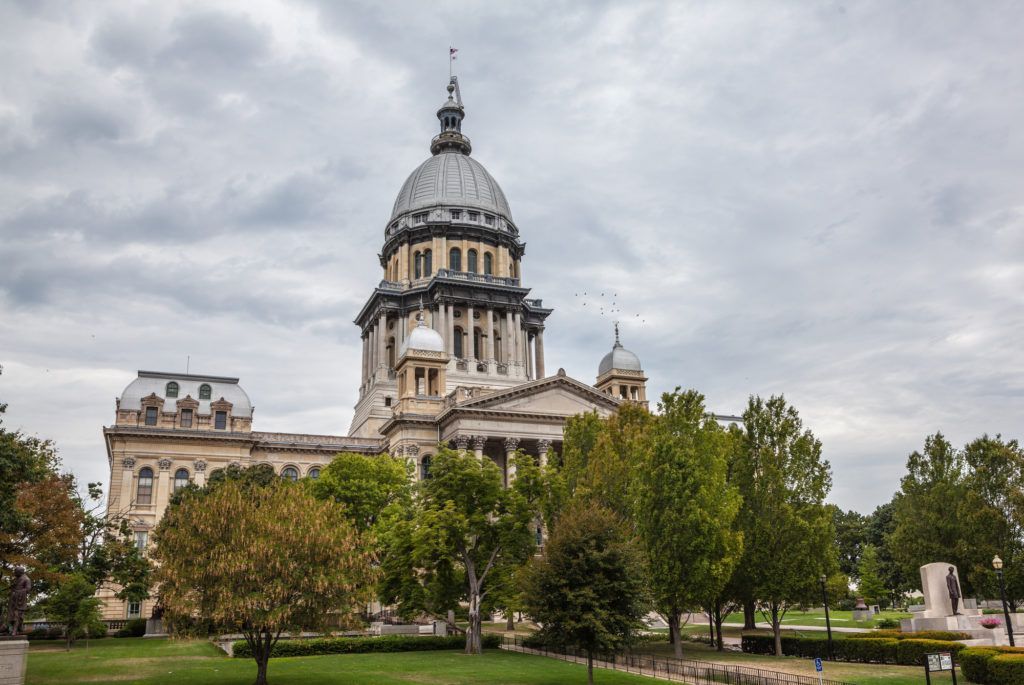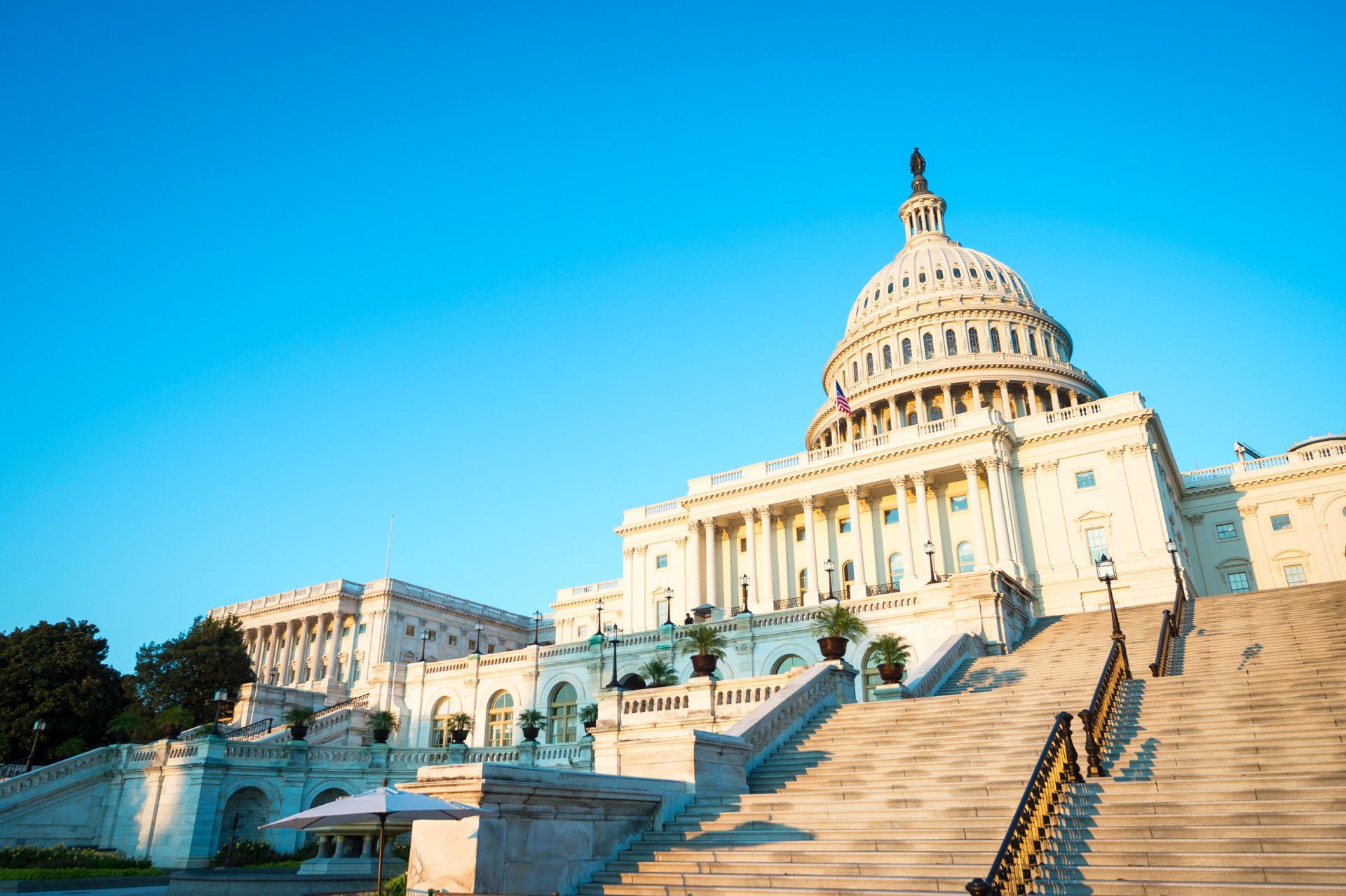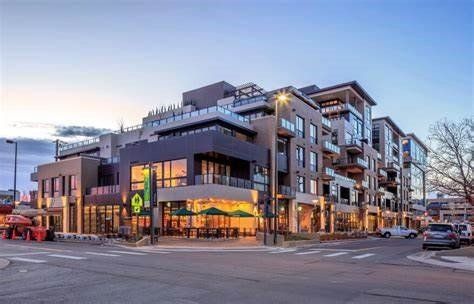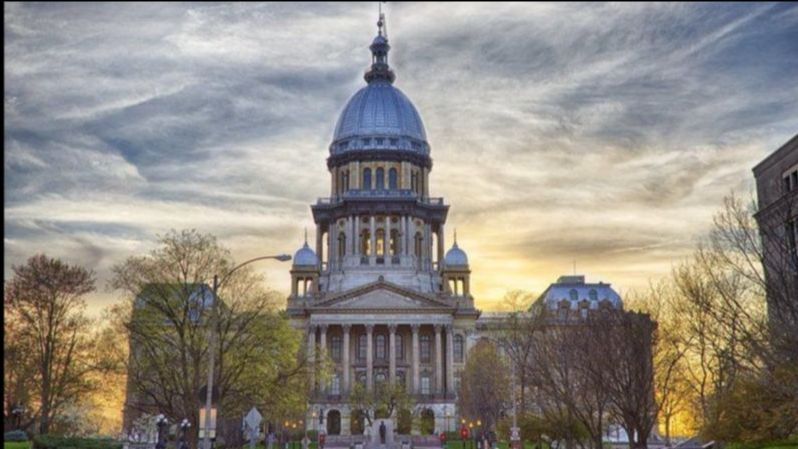
Real estate development during COVID-19
During hard economic times, developers should review their agreement and explore all options
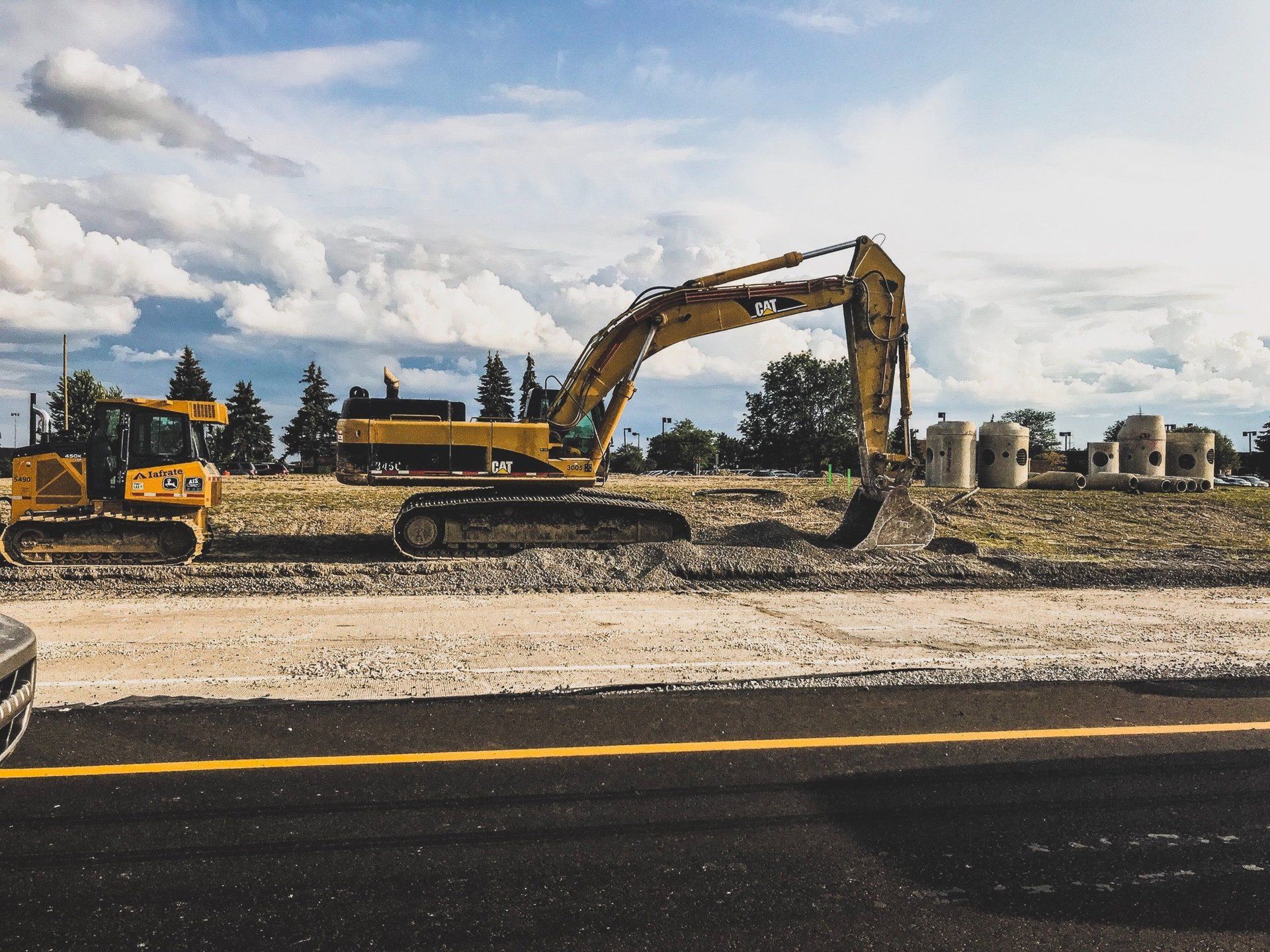
In these extraordinary times, developers, landlords and property owners should consider closely reviewing their annexation or development agreements to determine if amendments or modifications may be necessary.
Some components of the development agreement to review include timing, terms, conditions, and deadlines all of which could be necessary to effectuate P.U.D. plans and plats of subdivision. When it comes to timing, be sure to review treatment of ordinances and fees. Similarly, some agreements set other deadlines that require commencement of construction, applying for building permits, or getting approval of the final plat of subdivision within a certain time frame. Missing such deadlines may result in the property reverting to prior the zoning or even the revocation of special use permits.
Often development agreements will freeze specific municipal ordinances and fees for certain durations of time. Developers may want to seek to extend those dates in order to get some financial relief. However, it more important than ever to keep in mind that many local governments are also financially struggling right now. Unless the federal government moves forward with bills such as the HEROES Act which in part provides financial support for local governments, some local governments may not be able to offer additional extensions or financial relief to developers even if it wanted.
Nonetheless, it may be appropriate to at least open the conversation with a local government about fees, as it is possible that saving certain development projects could be an important source of tax revenue and jobs for the community. A few of the most common and important fees that should be reviewed are:
- Impact fees
- Recapture fees, and
- Connection fees
Additionally, it is wise to review timing of any commercial development incentives that may be owed to a project. Exploring new incentives may be appropriate especially if a project can be revised to provide extra amenities that benefit the public. For example, a municipality may consider new development incentives if a developer agrees to create open space to provide more social distancing options for users and members of the public. Potential incentives include:
- Tax Increment Financing (TIF)
- Business Districts (BD)
- Special Service Areas (SSA)
- Special Assessments (SA)
- Abatement of sales and/or property taxes
As we wrote about in a prior article there have been instances of poor uses of TIF and criticism of its use, many local governments have found TIF to be a very useful tool in their incentive arsenal. Under TIF, eligible redevelopment expenditures include:
- Upgrading and improving public infrastructure, such as road and sidewalk repairs, utility upgrades, and water and sewer projects;
- Acquisition, clearance and other land assembly and site preparation;
- Revitalization of deteriorated or obsolescent commercial buildings; and
- Incentives to retain or attract private development.
- Encouraging new or improved retail shopping centers and stores;
- Creating entertainment and restaurant areas;
- Modernizing outdated retail and office development to attract users and spending; and
- Establishing and maintaining a revolving loan fund related to the above uses.
Right now, it is prudent to weigh all options that can benefit the stability of a development project. Renegotiating development agreements including development incentives may be a sufficient option for some. For others, transitioning to or incorporating new products and/or users might be appropriate alternative.
Shapiro & Associates’ Pro Bono Program offers guidance for small businesses in need through legal counsel rooted in experience in complex development. Contact us for more details or a free consultation.

CONTACT US TODAY
Contact Us
We will get back to you as soon as possible.
Please try again later.
LOCATION
570 Lake Cook Road, Unit 119
Deerfield, IL 60015
Shapiro & Associates Law | All Rights Reserved |
Created by Olive + Ash.
Managed by Olive Street Design.

